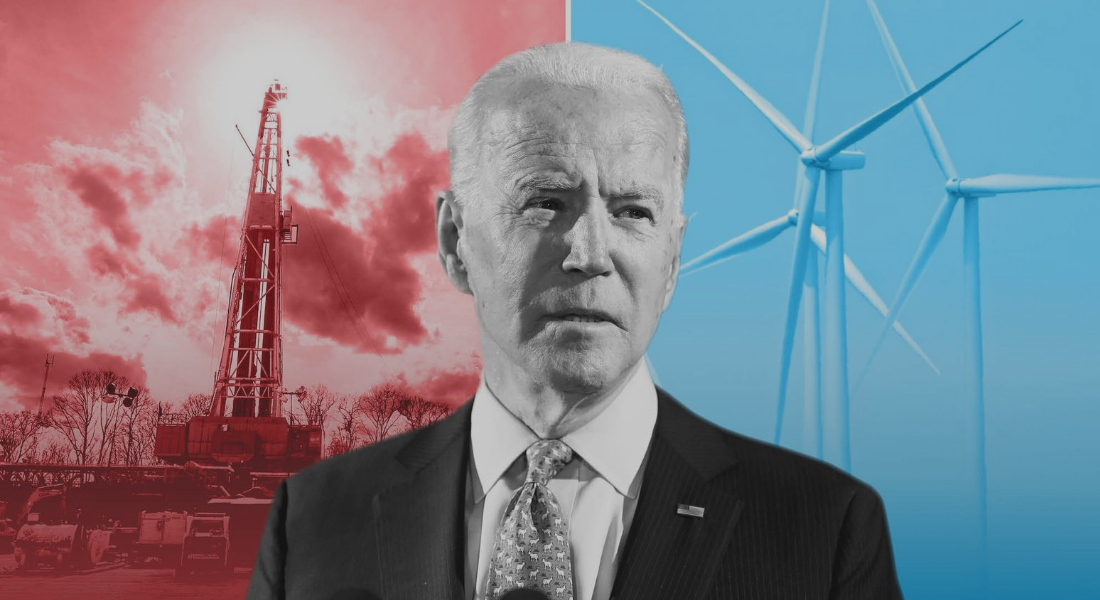The return of the US as a progressive force in the international climate arena offers a chance of real progress in 2021. Early signs from the Biden administration show that the US intends to take climate change seriously, domestically and around the world. The international community will be watching for how the US delivers on these promises and catches up to other countries who have already stepped forward as climate leaders.
The US will join the Paris Agreement immediately
One of the first steps of the new President will be to rejoin the global climate accords. The US will be officially back in the Paris Agreement in late February, 30 days after the decision is made. As the return suggests, a new Nationally Determined Contribution (NDC) is also expected to be submitted to the UN in 2021. The plan is expected to include a net-zero target by 2050.
During his campaign, Biden promised to “lead an effort to get every major country to ramp up the ambition of their domestic climate targets,” including convening a global summit of major emitters early in his presidency. The date of the global reunion is yet to be determined, but since the Election, Biden has already discussed climate change in many of the congratulatory phone calls with world leaders.
The US will face global expectations to provide a strong resilience package to vulnerable countries by delivering on its financial pledge to the Green Climate Fund, and providing “green debt relief” for developing countries.
Joe Biden has pledged to demand a worldwide ban on fossil fuel subsidies and seek a G20 commitment to end all export finance subsidies of high-carbon projects. On that promise, the US would have a partner in the UK, which moved to phase out fossil fuel subsidies at the end of 2020.
There are various international fossil fuel projects in which the US plays a key role and could assume more responsibility in being a positive global actor on climate. The new administration has various opportunities to detonate these carbon bombs:
Vaca Muerta Oil and Gas Project / Argentina
The US encourages fracking and oil and gas production in Argentina through international development financing, which last time around went for Vaca Muerta projects. Several US senators, including Vice President-elect Kamala Harris, signed a petition against it. Biden could direct federal development agencies to instead limit financing only to projects that support clean energy.
Tar Sands in Canada
Biden has spoken out against the Keystone XL pipeline, calling it ‘”tar sands we don’t need.” A key promise of Biden’s presidential campaign was the commitment to cancel Keystone XL, and he is expected to cancel the pipeline permit on his first day in office. He could also halt a new project to bring Canadian tar sands into the U.S. through Minnesota, the proposed Line 3 pipeline that is growing in opposition.
Putting pressure to protect rainforests in Brazil and Indonesia
Biden has stated that he’d hold Brazilian Pres. Bolsonaro accountable for deforestation, perhaps through rallying other countries to provide $20B to support Amazon protection. Local Brazilian groups stress that it must be done in a way that acknowledges and respects Brazilian sovereignty over its portion of the Amazon. Biden could also provide incentives and support to stop illegal deforestation and expansion of oil palm plantations in Indonesia. Indonesia has a moratorium on forest clearing for new palm oil plantations, but enforcement is uneven and the US could help enhance that.
The wave of ambition ahead of the 5th Anniversary of the Paris Agreement shows clearly that the world is heading toward a net-zero future. The return of the US to the table of global climate leaders solidifies this reality. But there is a great deal of work to do, as climate impacts accelerate. Now more than ever global leaders will need to work together to build back better from the ashes of the pandemic and support those hit hardest by COVID19 and the climate crisis. After four years of obstruction, 2021 is an opportunity for the US to prove its capability to jointly lead the green economic transition.





